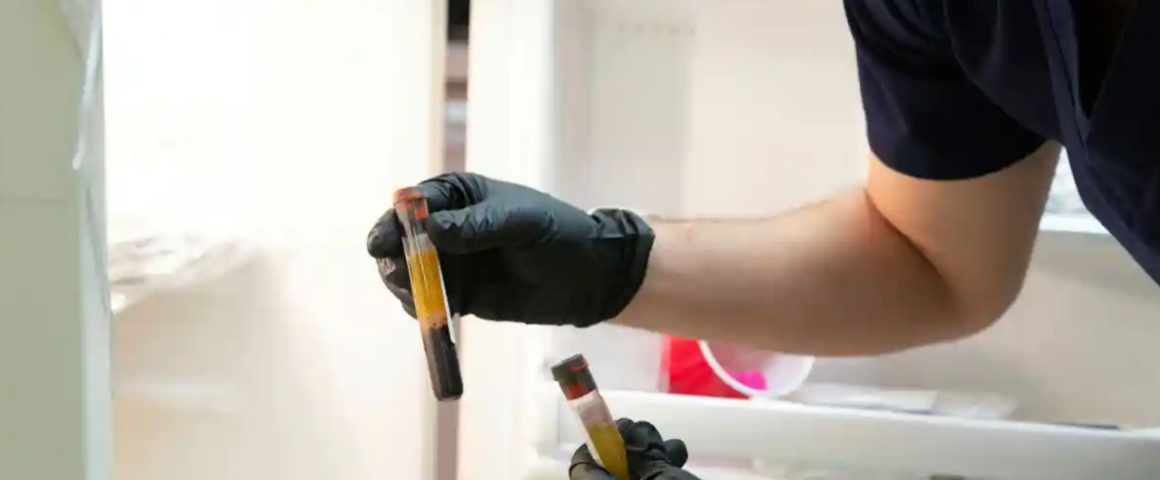It might not sound pretty, but a new method for early Covid-19 detection is proving pretty promising – and it involves analyzing people’s poop.
At the University of Arizona, experts are analyzing the sewage coming from student dorms twice weekly, across all of its halls of residence, to search for traces of the virus.
And it seems to be working. In a video, Dr Robert Robbins, the president of the university explains how he was contacted by one of the researchers at the university just last week, to notify him of a potential outbreak about to happen in one of its dorms.
“I got a call night before last to say Dr Pepper has picked up a signal in one of the dorms … We went over, we tested all of the students and staff that worked there and we found two positive cases which we turned over to isolation,” said Dr Robert Robbins. Those students were put into quarantine for two weeks, receiving all lessons virtually.
“Nobody would have known otherwise, but with this early detection, we jumped on it right away tested those youngsters and got them the appropriate isolation where they needed to be,” responds Dr Richard Carmona, who is also involved in the universities waste detection program.
buy tricor online
But why analyze feces rather than just using a nasal swab? Experts believe that waste-water analysis can provide an early detection of the virus before a potential outbreak hits.
The benefit of analyzing wastewater rather than using individual swabs is that it allows researchers to test for infection in a whole population of people. If signs of the disease are found in sewage, individuals can then be tested to identify the source of the contamination.
It also provides the added benefit of sourcing out asymptomatic carriers – who may not check themselves in for a test, but can be identified for additional testing if there seems to be traces of the virus in their sewage.
buy valtrex online
As pointed out by Dr Carmona, “If we had waited until they were symptomatic and they stayed in their dorm for days or a week or the whole incubation period, how many other people would have been infected?”
The article originally appeared in the Guardian.






